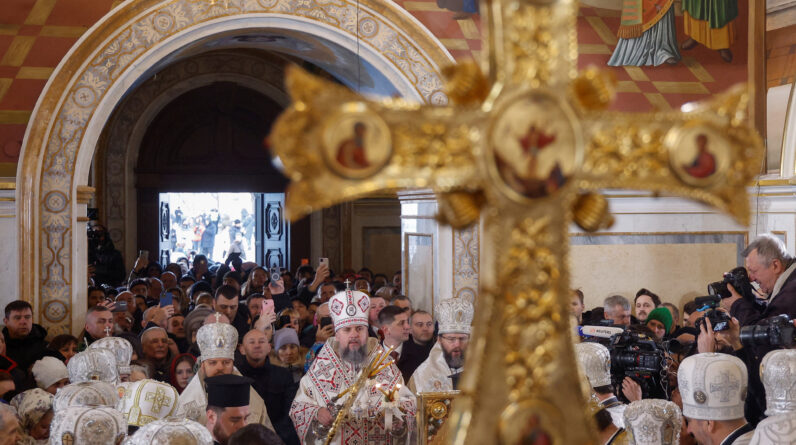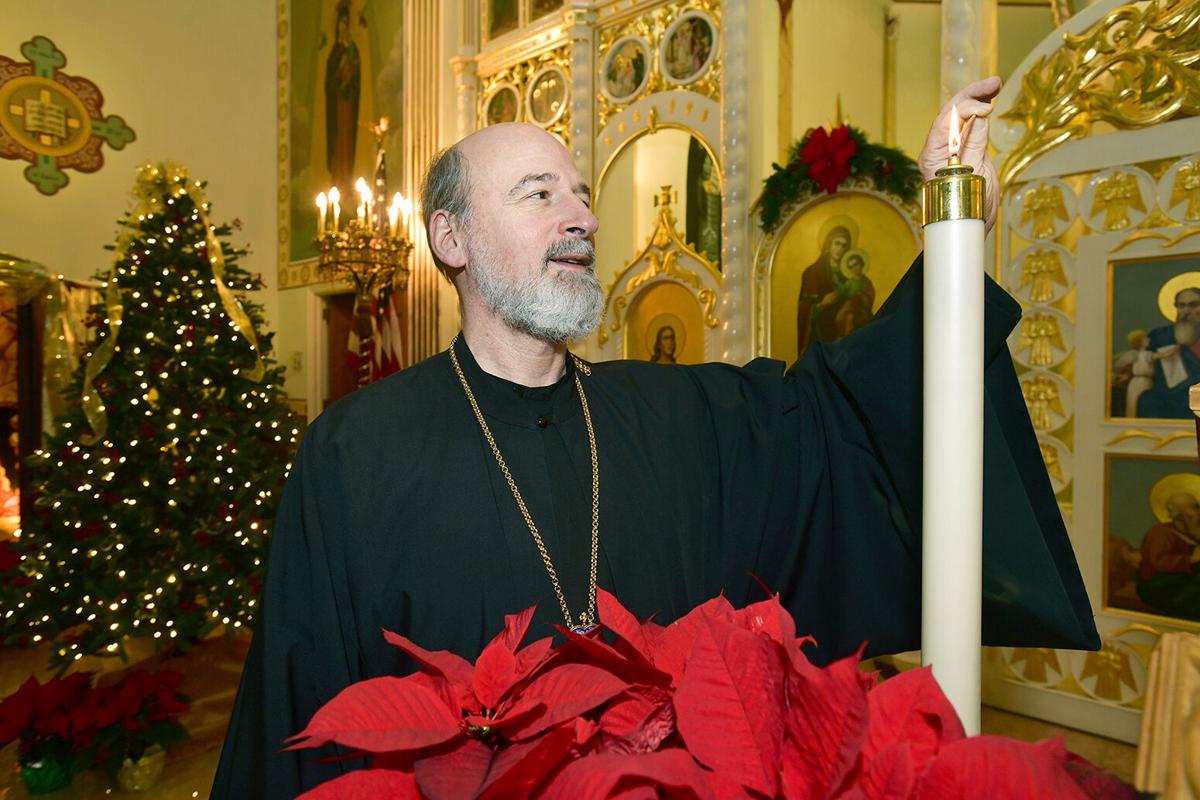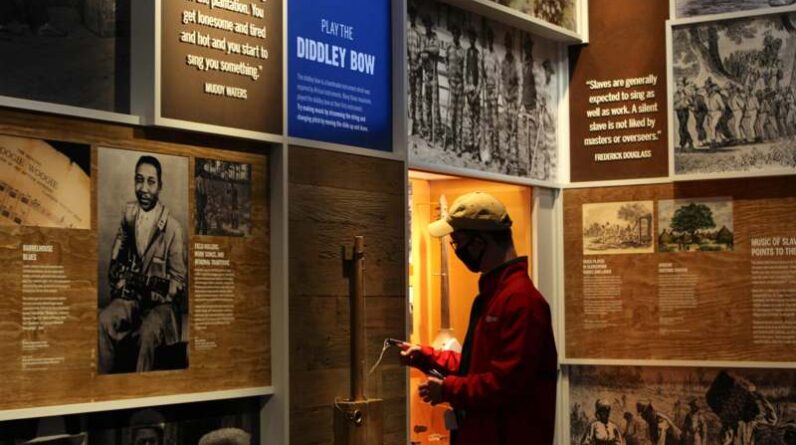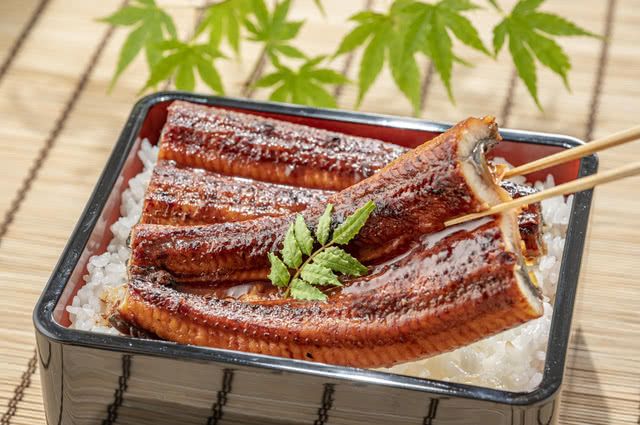
Orthodox Christmas Day is the annual celebration of the birth of Jesus Christ in the Orthodox Christian tradition. Orthodox Christmas falls on January 7th each year, following the Julian calendar, and is observed by millions of Orthodox Christians worldwide.
This special day is marked with prayers, church services, and festive gatherings with family and friends. The holiday holds deep religious significance, symbolizing the hope and joy brought to the world through the birth of Jesus. Orthodox Christmas traditions vary across different countries and cultures, but they commonly involve feasting on traditional foods, exchanging gifts, and singing carols.
With its rich history and spiritual significance, Orthodox Christmas Day is a joyous occasion for Orthodox Christians around the globe.
The Significance Of Orthodox Christmas Day
Orthodox Christmas Day holds great historical and religious importance in many cultures around the world. Celebrated on January 7th, it marks the birth of Jesus Christ according to the Julian calendar. The Julian calendar, used by the Eastern Orthodox Church, differs from the Gregorian calendar followed by Western traditions.
This discrepancy in calendars is a result of historical events and religious traditions. Orthodox Christmas preserves ancient customs and retains a more solemn and spiritual tone compared to Western celebrations. The focus is on religious rituals, including intense prayers, fasting, and attending church services.
The differences between Orthodox and Western Christmas traditions are notable. While Western Christmas is often associated with Santa Claus, gift exchanges, and festive decorations, Orthodox Christmas emphasizes liturgical ceremonies and reflection. The celebration carries deep-rooted symbolism and an adherence to tradition, emphasizing the significance of Christ’s birth.
Preparation And Anticipation
The celebration of Orthodox Christmas Day is a time filled with preparation and anticipation. Leading up to the festive day, various traditional customs are observed, adding to the joyful atmosphere. Symbolic preparations and decorations play a significant role in creating a special ambiance. Homes are adorned with ornaments, wreaths, and candles, symbolizing hope and light. Another important aspect is the observance of the Advent fast, which holds great spiritual significance. The fast is a time for reflection, prayer, and repentance, as individuals and families prepare their hearts and minds for the birth of Christ. It is a time to focus on faith, giving, and gratitude, reminding us of the true meaning of Christmas. These customs and practices contribute to the sense of excitement and reverence surrounding Orthodox Christmas Day.
Divine Liturgy And Worship
The Orthodox Christmas Day is a significant celebration for followers of the Orthodox faith. Attending the midnight service on Orthodox Christmas Eve is an integral part of the festivities. The solemnity and grandeur of the Divine Liturgy create an immersive experience for the worshippers. The liturgical service, filled with prayers, hymns, and readings from scripture, takes place in a meticulously adorned church that creates a reverential atmosphere. Worshippers actively participate in the sacraments and traditions unique to the Orthodox faith. From receiving Holy Communion to receiving the blessed bread and wine, these sacraments hold deep spiritual meaning for the faithful. It is a time for reflection, prayer, and communing with God. Orthodox Christians embrace this sacred day with devotion, reverence, and joy.
Commemorating The Nativity Of Christ
The nativity story, according to Orthodox tradition, holds immense symbolism and theological significance. It is a profound event that marks the birth of Jesus Christ, the Son of God, who entered the world to save humanity from sin. According to Orthodox beliefs, the birth of Christ fulfills ancient prophecies and demonstrates God’s love and mercy.
Orthodox Christmas Day is celebrated with great joy and proclamation. The birth of Christ is a momentous occasion, heralded by angels and marked by the joyous singing of hymns. This proclamation of Christ’s birth has a transformative impact on believers, inspiring them to reflect on the miraculous love and grace bestowed upon humanity.
Feast And Fellowship
Feast and Fellowship celebrates Orthodox Christmas Day with joyous gatherings, delicious food, and meaningful connections. Embrace the rich traditions and vibrant spirit of this sacred holiday.
Orthodox Christmas Day is a time of celebration and togetherness. It is a time when families and loved ones come together to share joy and create lasting memories. One of the highlights of this festive occasion is the traditional festive meals and culinary delights that are prepared with love and care. The table is adorned with an array of mouth-watering dishes, including traditional delicacies that have been handed down through generations. From roasted meats to savory side dishes and decadent desserts, the feast is a true celebration of the season. Alongside the feasting, there is also a focus on acts of charity and giving back. Many individuals and families take this opportunity to extend a helping hand to those in need, spreading the spirit of Christmas far and wide. Orthodox Christmas Day is a time of joy, fellowship, and the perfect occasion to come together and celebrate the season with loved ones.| Key Points |
| Orthodox Christmas Day is a time for celebration and togetherness. |
| Families and loved ones come together to enjoy traditional festive meals and culinary delights. |
| Acts of charity and giving play an important role during this season. |
| Orthodox Christmas Day is a time of joy, fellowship, and the perfect occasion to celebrate with loved ones. |

Credit: www.tribdem.com
Cultural Traditions And Customs
Orthodox Christmas Day is celebrated with a rich tapestry of cultural traditions and customs. From folklore to traditional songs, this holiday is steeped in history and symbolism. Each Orthodox culture has its unique customs and rituals associated with Christmas, showcasing the diversity within the community.
One of the key aspects of Orthodox Christmas celebrations is the role of icons, incense, and other symbols. Icons hold deep spiritual significance, serving as a connection between the worshippers and the divine. Incense is used to purify the atmosphere and create a sacred ambiance during religious services and home festivities.
The combination of these customs and symbols creates a truly immersive experience that highlights the spiritual and cultural importance of Orthodox Christmas. From the enchanting melodies of traditional songs to the visual feast of icons and incense, this holiday is a celebration of faith, heritage, and community.
Orthodox Christmas Across The World
Orthodox Christmas Day is celebrated across the world on January 7th, with various customs and traditions. From Russia to Greece, believers commemorate the birth of Jesus Christ with religious services and festive gatherings. Embracing their own unique practices, Orthodox communities cherish this sacred occasion in diverse and joyous ways.
Orthodox Christmas Across the World Orthodox Christmas is celebrated with immense fervor and enthusiasm in various parts of the world. This religious holiday encapsulates the rich cultural tapestry and local traditions of different regions. The way Orthodox Christmas is observed reflects the unique customs and practices of each locality. In countries such as Russia and Ukraine, festivities begin with the Christmas Eve fast, followed by the Midnight Mass. Families gather together to enjoy a sumptuous feast that features traditional dishes like kutya and borscht. The vibrant city of Moscow and the enchanting town of Lviv are particularly renowned for their elaborate decorations and captivating Christmas markets. Meanwhile, in Greece, the festive period is filled with religious processions, musical performances, and traditional dances like syrtaki. The divine beauty of the island of Crete and the awe-inspiring Meteora monasteries add to the allure of Orthodox Christmas celebrations. Similarly, in Ethiopia, Orthodox Christians celebrate Christmas with the Ganna feast, which commemorates the birth of Jesus Christ. Colorful processions, religious ceremonies, and traditional dances showcase the vibrant Ethiopian culture during this time. As we explore Orthodox Christmas across the world, it becomes evident that the significance and celebration of this sacred occasion resonate deeply with people from diverse cultures and traditions. Whether it’s the wintry landscapes of Russia, the picturesque islands of Greece, or the vibrant streets of Ethiopia, Orthodox Christmas unifies believers in their collective reverence for this joyous festival.Reflection And Renewal
Orthodox Christmas Day is a time for reflection and renewal, offering a deeper spiritual significance beyond the day itself. It is an opportunity to pause and consider the birth of Christ and its meaning in our lives. This holy occasion calls us to embrace the joy and love that Orthodox Christmas brings, reminding us of the miraculous and divine nature of Christ’s birth.
The birth of Christ represents the ultimate act of love and sacrifice, and as we reflect on this, we are inspired to renew our commitment to living a life of faith and righteousness. Orthodox Christmas is a reminder to be grateful for the blessings we have received and to extend compassion and kindness to others.
Through prayer and contemplation, we are encouraged to grow closer to God and seek His guidance and wisdom. Orthodox Christmas serves as a powerful reminder of the transformative power of faith and the importance of nurturing our spiritual well-being.
Celebrating Orthodox Christmas In The Modern World
Celebrating Orthodox Christmas in the modern world can be a challenge. With society constantly evolving, it’s important to find ways to preserve traditions while also incorporating modern elements into the celebrations. This means embracing new technologies, such as using online platforms to connect with loved ones who may be far away, or utilizing social media to share festive moments with others. However, it’s also essential to find a balance between spirituality and commercialization. While it’s tempting to get caught up in the material aspects of the holiday, it’s crucial to remember the true meaning of Orthodox Christmas and prioritize spiritual practices. By infusing our celebrations with both traditional and modern elements, we can ensure that Orthodox Christmas remains a meaningful and cherished holiday in the ever-changing world we live in.
Frequently Asked Questions On Orthodox Christmas Day
Why Is The Orthodox Christmas On January 7th?
The Orthodox Christmas is celebrated on January 7th because the Eastern Orthodox Church follows the Julian calendar, which is 13 days behind the widely used Gregorian calendar.
Why Is Orthodox Christmas Different Day?
Orthodox Christmas is celebrated on a different day because the Eastern Orthodox Church follows the Julian calendar, while Western Christianity uses the Gregorian calendar. This creates a 13-day difference in dates.
Do Orthodox Celebrate Christmas January 7th?
Yes, Orthodox Christians celebrate Christmas on January 7th instead of December 25th.
Why Do Greek Orthodox Celebrate Christmas On December 25?
Greek Orthodox celebrate Christmas on December 25 because it is the day believed to be the birth of Jesus Christ. This tradition aligns with the Western Christian calendar and is observed with religious services and festivities.
Conclusion
Celebrate Orthodox Christmas Day with joy and reverence, as believers gather to commemorate the birth of Jesus Christ. This sacred occasion holds deep cultural and religious significance for Orthodox Christians worldwide. Through age-old traditions and customs, families come together to share meaningful moments, exchange gifts, and partake in special meals.
Join in the festivities and experience the richness of this profound celebration. Share the love, peace, and goodwill that encompass this divine event.




